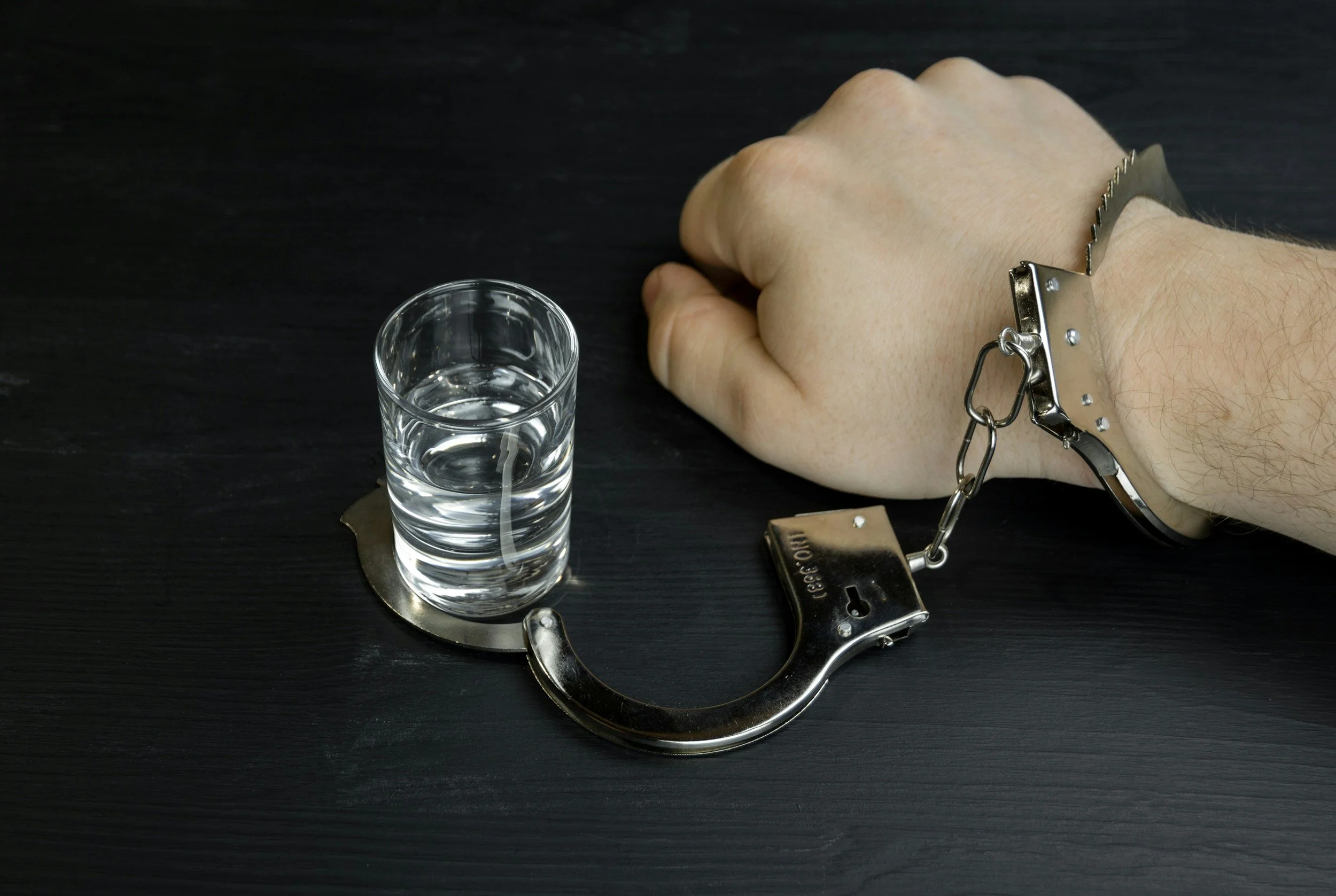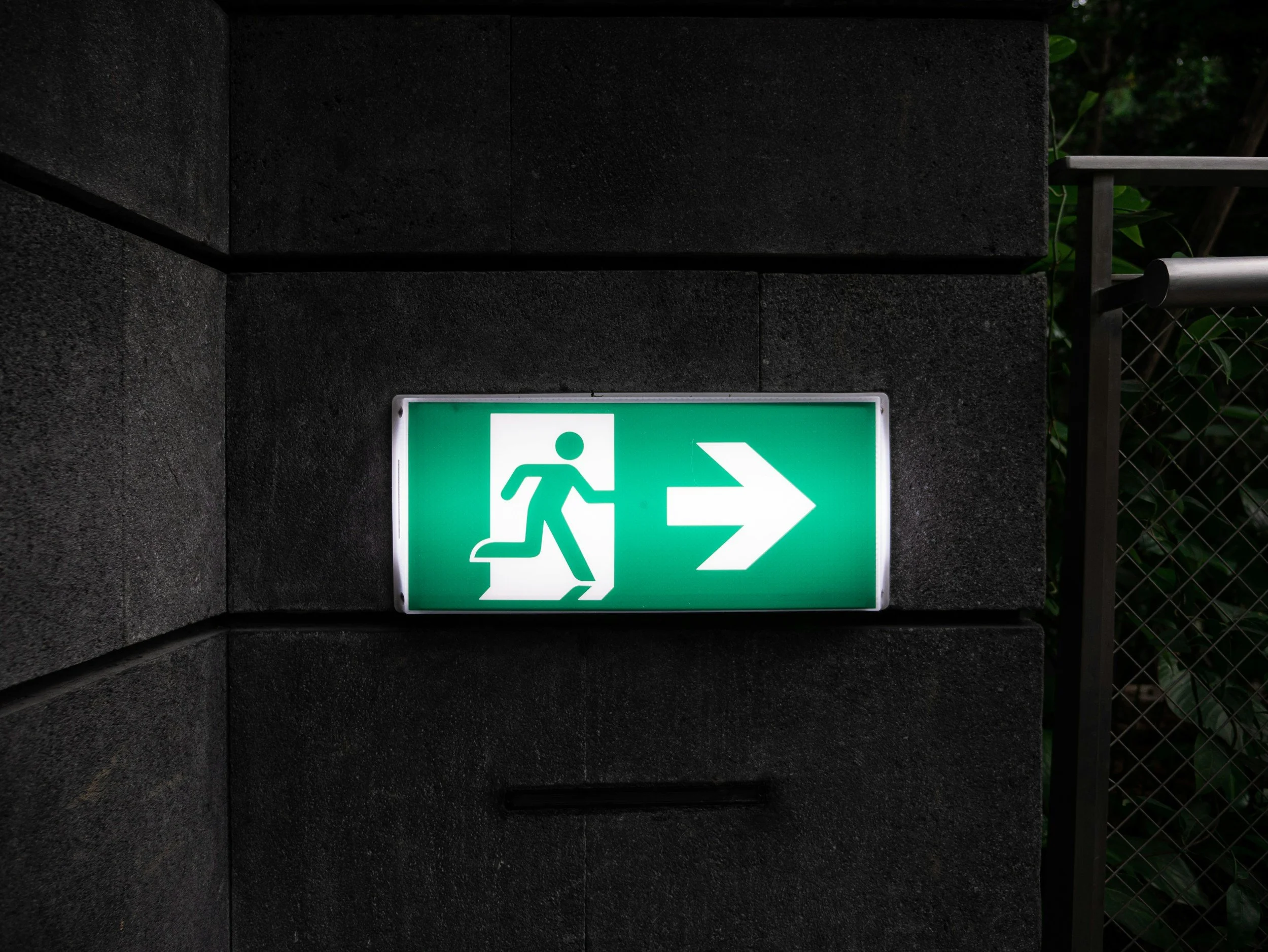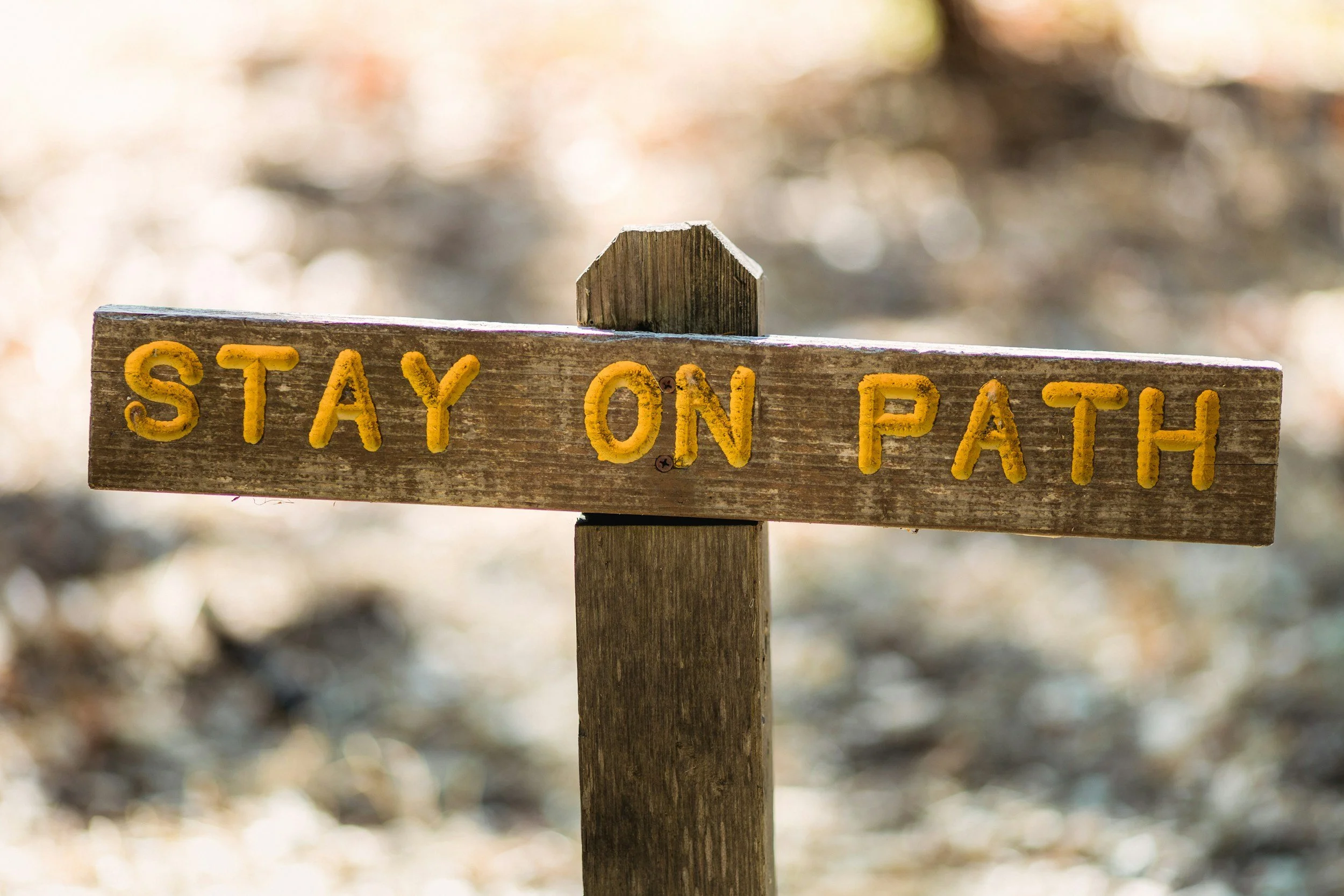Blog

Dopamine Overload and Teen Behavioral Addictions: What Parents Need to Know—and Do
We often think of addiction in terms of substances—alcohol, drugs, nicotine. But in today’s digital world, many teens are falling into a different kind of trap: behavioral addictions. These include compulsive use of social media, video games, online shopping, pornography, and even exercise or risk-taking. At the root of these behaviors is a powerful brain chemical: dopamine.

The Slippery Slope of Switching Substances: Trading One Addiction for Another
Recovery isn’t just about quitting a substance—it’s about changing a lifestyle, rewiring the brain, and healing the spirit. But one of the most common traps I see in early recovery is the belief that switching substances is safer than stopping altogether. For example, someone who’s quit marijuana and cocaine might think, “I’ll just drink socially now—it’s legal, it’s normal, it’s not my problem.”

Chronic Marijuana Use and Behavioral Addictions: A Hidden Link
As an addiction specialist, I’ve seen firsthand how substance use and behavioral addictions often intertwine in complex and surprising ways. One of the most overlooked relationships is the correlation between chronic marijuana use and behavioral addictions such as pornography and video gaming. While these behaviors may seem unrelated on the surface, they often share underlying psychological mechanisms—and when combined, they can reinforce each other in ways that deepen dependency and impair functioning.

Loving Someone with Addiction: The Courage to Set Boundaries and Follow Through
Living with a partner who suffers from addiction is one of the most emotionally complex experiences a person can face. You love them. You’ve built a life together. You’ve seen their potential, their tenderness, their dreams. But addiction doesn’t care about love—it hijacks the brain, distorts behavior, and erodes trust.
As an addiction specialist, I’ve worked with countless spouses and partners who feel torn between compassion and survival. They ask: “How do I help without losing myself?” “When do I draw the line?” “What do I do when promises are broken again and again?”
This blog is for you.

The Sinclair Method: A Science-Based Path to Changing Your Relationship with Alcohol
For decades, the dominant narrative around alcohol recovery has centered on abstinence. But what if there were a way to reduce drinking without requiring total sobriety from day one? What if neuroscience could help retrain the brain’s reward system to weaken the grip of alcohol over time?
Enter: The Sinclair Method (TSM)—a medically grounded, evidence-based approach that’s changing how we think about alcohol use disorder.

The First 30 Days: Why Detox Is the Gateway to Healing
In the world of addiction recovery, few steps are as critical—or as misunderstood—as detox. It’s often seen as a hurdle to get past, a painful necessity before “real” treatment begins. But as an addiction specialist, I see detox differently. It’s not just a medical process—it’s a sacred reset. It’s the moment when the mind, body, and spirit begin to reclaim their original rhythm after being hijacked by substances.
The first 30 days of detox are intense, yes—but they’re also profoundly transformative.

The Power of Humility in Early Recovery: Why Less Is More
Recovery is not a sprint—it’s a slow, deliberate walk back to yourself. In the early stages, it’s tempting to believe that now that the substance is gone, life should resume at full speed. But here’s the truth: early recovery is sacred ground. It’s where the foundation is laid, and humility is the cornerstone.

The Power of Recovery: Why Honesty with Yourself Is Everything
Recovery isn’t just about quitting a substance or behavior—it’s about reclaiming your life. It’s about waking up each day with clarity, purpose, and the ability to face yourself in the mirror without flinching. And at the heart of every successful recovery journey lies one non-negotiable principle: radical honesty with oneself.

The Highs and Lows of Early Sobriety: Managing Stress and Over-Excitement
Early sobriety is a fragile, powerful time. For many, it feels like waking up after years of emotional numbness. Suddenly, everything is louder—joy, fear, hope, anxiety. But here’s the paradox: both stress and over-excitement can be dangerous in early recovery. As an addiction specialist, I’ve seen how these emotional extremes can trigger relapse if not understood and managed.
Let’s explore why this happens—and how to stay grounded while rebuilding your life.

“I’ll Just Control It Today and Stop Tomorrow”: The Lie Addiction Loves
If you’ve ever struggled with alcohol or substance use—or loved someone who has—you’ve likely heard this phrase:
“I’ll just control it today. I’ll stop tomorrow.”
It sounds rational. It sounds hopeful. But as an addiction specialist, I can tell you: this thought is not a plan. It’s a trap.
This mindset is one of the most insidious cognitive distortions in addiction. It masquerades as self-control, but it’s actually the voice of denial, bargaining, and fear. Let’s unpack why this thinking is so dangerous—and how to break free from it.

When Is the Right Time to Go to Detox?
If you’re reading this, chances are you—or someone you love—has tried to quit using substances more than once. Maybe you’ve promised yourself it was the last time. Maybe you’ve flushed pills, poured out bottles, or deleted dealer contacts. And maybe, despite your best intentions, you’ve found yourself right back where you started.
Let me say this clearly: you are not weak. You are not broken. You are human.
But if the cycle keeps repeating, it may be time to stop trying to do this alone—and start considering detox.

Why Recovery Is Worth It: From Pain to Purpose
If you’re standing at the edge of recovery, wondering whether it’s worth the fight—let me speak to you directly. I’ve walked alongside people in the darkest corners of addiction, and I’ve seen what happens when they choose to rise. Recovery is not easy. In fact, the beginning can feel like the hardest thing you’ll ever do. But the rewards? They’re life-changing. They’re soul-restoring. They’re worth every tear, every craving, every moment of doubt.

Consequences: The Wake-Up Call That Saves Lives
In the world of addiction—whether it’s substances like alcohol or cocaine, or behavioral compulsions like gambling, sex, or shopping—there’s one truth that often cuts through denial faster than any therapy session or heartfelt plea: consequences. As an addiction specialist, I’ve seen countless individuals hit a wall they never saw coming. And while it may feel cruel or catastrophic at the time, that wall often becomes the turning point—the moment they finally wake up.
Let’s talk about why consequences matter, how they work, and how they can be harnessed to support recovery.

When Alcohol Meets Cocaine: Understanding the Double-Edged Danger
In the world of substance abuse, few combinations are as volatile—and as common—as alcohol and cocaine. On their own, each substance carries serious risks. Together, they create a chemical cocktail that’s not only dangerous but deeply deceptive. As an addiction specialist, I’ve worked with countless individuals caught in this dual trap. The good news? Recovery is possible. But first, we need to understand the nature of the beast.

Chronic Marijuana Use & Binge Drinking: A Dangerous Duo
As an addiction specialist, I’ve worked with countless individuals who believed marijuana was harmless—“just a plant,” “not addictive,” or “better than alcohol.” While it’s true that marijuana doesn’t carry the same overdose risk as opioids or alcohol, chronic daily use can quietly erode physical, mental, and emotional health. And when binge drinking enters the picture, the consequences can compound in ways that are often underestimated.

Slip, Not Spiral: Reclaiming Recovery After Cocaine Use
You were doing well. You had days, maybe weeks or months of sobriety behind you. Then—out of nowhere or maybe after a slow build—you used cocaine again. That moment can feel like a punch to the gut. But here’s the truth: a slip doesn’t erase your progress, and it doesn’t define your future. What matters most is what you do next.

Addiction: A Lifelong Battle That Demands Lifelong Commitment
As an addiction specialist, I’ve witnessed firsthand the profound toll addiction takes—not just on the body, but on the mind, relationships, and sense of self. One of the most misunderstood truths about addiction is that it’s not simply a phase or a bad habit. It’s a chronic, relapsing condition that rewires the brain and reshapes behavior. And while recovery is absolutely possible, it requires ongoing effort, vigilance, and an unwavering commitment to growth.

Slip or Relapse: A Loved One’s Guide to Navigating the Storm
When someone you love is battling addiction, every day of sobriety feels like a victory. But what happens when that victory is interrupted—by a slip, or worse, a full-blown relapse? The emotional fallout can be devastating: fear, anger, confusion, and heartbreak. As an addiction specialist, I’ve seen families struggle with these moments, unsure how to respond or what it means for their loved one’s recovery. Let’s unpack the difference between a slip and a relapse, and explore how families can respond with compassion, boundaries, and hope.

When a 30–60 Day Treatment Center Is the Right Decision: A Specialist’s Perspective
Addiction doesn’t just impact the person caught in its grasp—it ripples through families, friendships, and communities. As an addiction specialist, I’ve seen firsthand how difficult it can be for loved ones to decide when a more intensive treatment option, like a 30–60 day residential program, is not just helpful, but necessary.

The Road to Long-Term Sobriety: A Holistic Commitment to Healing
Achieving long-term sobriety from alcohol or substance use is one of the most profound and demanding commitments a person can make. As an addiction specialist, I’ve seen how recovery is far more than abstinence—it’s a transformation that requires ongoing, layered work across the biological, psychological, social, and spiritual dimensions of life. Let’s explore each pillar and the deep dedication it takes to rebuild a life of clarity, purpose, and connection.
